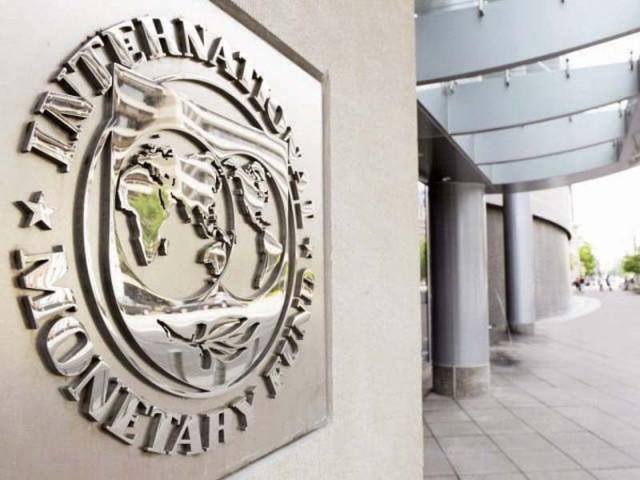Ninth review: IPR releases factsheet to counter progress report
Says IMF either misled by govt or under pressure to declare EFF ‘successful’

One of the most surprising statements the IPR points towards is the IMF saying that load-shedding, lasting 8 to 10 hours a day earlier, had come down to below two hours at the industrial level. PHOTO: FILE
The errors could be due to wrong information being provided by the authorities or due to pressure to demonstrate that the programme is performing well and the Staff Mission has been successful in inducing improvements in the economic indicators through appropriate actions, stated the IPR in its factsheet.
The first statement in the IMF review the IPR found erroneous said that there was a process of ‘continuation of gradual recovery’ of the economy in 2015-16.
The IMF stated that GDP growth rate had risen from 3.7% to 4.2% in the first two years of the programme. In 2015-16, the growth rate was expected to rise further to 4.5%, however, the IPR says that there had been a number of developments which could impact negatively on the growth rate in 2015-16.
According to the IPR, the cotton crop’s output is likely to be down by over 18%. This alone can reduce GDP growth rate by one percentage point, given the role of cotton in the national economy. Exports plummeted by over 14% in the first six months, while imports grew in overall quantity terms, thereby adversely impacting production in import-substituting industries.
“Furthermore, the largest industrial plant in Pakistan; the Pakistan Steel Mills (PSM), is shut. Therefore, it is unlikely that the GDP growth rate will substantially exceed 3% in 2015-16,” said the sheet.
The second statement made by the IMF is “over the last decade or so poverty had come down in Pakistan”.
The IPR countered that by saying that this is probably true for the fast growth period from 2003 to 2008. “But, thereafter, the rise in per capita income has been low at about 1% annually and the unemployment rate has gone up from 5 to almost 6%,” stated the factsheet.
One of the most surprising statements the IPR points towards is the IMF saying that load-shedding, lasting 8 to 10 hours a day earlier, had come down to below two hours in many segments of industry’.
In fact, the IPR said, there was an increase in electricity consumption by industrial sector in 2014-15 of only 2%. This implies that the consumption per industrial unit may have actually fallen.
For units in Punjab, there is the additional problem of gas load shedding during winter. It is highly unlikely that the load shedding situation has improved to the extent claimed.
Published in The Express Tribune, January 16th, 2016.
Like Business on Facebook, follow @TribuneBiz on Twitter to stay informed and join in the conversation.



















COMMENTS
Comments are moderated and generally will be posted if they are on-topic and not abusive.
For more information, please see our Comments FAQ